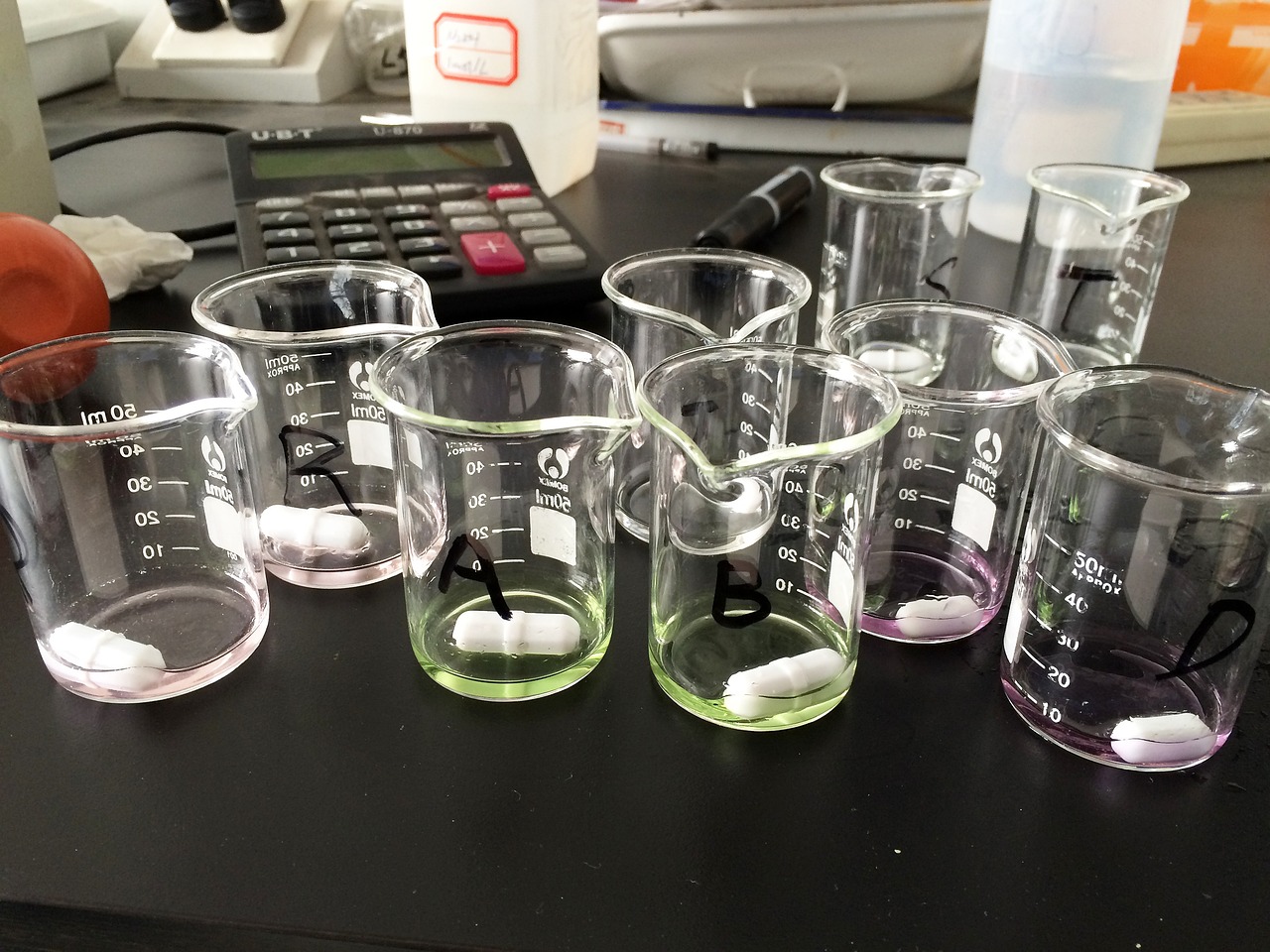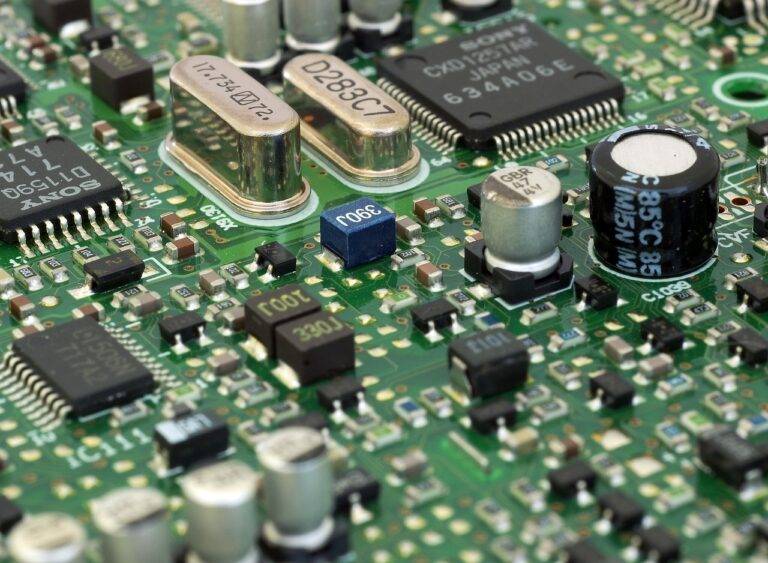The Role of Tech in Sustainable Energy Production
As the world faces the pressing challenges of climate change and environmental degradation, the importance of transitioning to sustainable energy production is becoming increasingly apparent. One of the key drivers of this transition is technology, which plays a crucial role in enabling the development and adoption of renewable energy sources. In this article, we will explore the various ways in which technology is shaping the future of sustainable energy production.
1. Advancements in Solar Technology
Solar energy is one of the most abundant and widely available sources of renewable energy. In recent years, there have been significant advancements in solar technology, making it more efficient and cost-effective. Innovations such as thin-film solar panels, solar tracking systems, and solar concentrators have helped increase the efficiency of solar panels and reduce their cost, making solar energy more accessible to a wider range of consumers.
2. Wind Power Innovation
Wind power is another important source of renewable energy, with the potential to generate large amounts of electricity. Technological advancements in wind turbine design, such as larger blades and taller towers, have helped increase the efficiency of wind power generation. Additionally, the development of advanced control systems and predictive maintenance technologies has helped optimize the performance of wind turbines, making them more reliable and cost-effective.
3. Energy Storage Solutions
One of the main challenges of renewable energy is its intermittent nature, as solar and wind power generation depends on weather conditions. Energy storage technologies, such as batteries and pumped hydro storage, play a crucial role in overcoming this challenge by storing excess energy generated during periods of high production and releasing it when needed. Advancements in energy storage technologies have helped improve the reliability and stability of renewable energy systems, making them more competitive with traditional fossil fuel-based power plants.
4. Smart Grid Technology
Smart grid technology is revolutionizing the way electricity is generated, distributed, and consumed. By incorporating advanced sensors, communication systems, and data analytics, smart grids enable real-time monitoring and control of energy production and consumption. This helps optimize the use of renewable energy sources, reduce energy waste, and improve grid reliability and resilience. Smart grid technologies also support the integration of distributed energy resources, such as rooftop solar panels and electric vehicles, into the grid, further accelerating the transition to sustainable energy production.
5. Electrification of Transportation
The transportation sector is a major contributor to greenhouse gas emissions, accounting for a significant portion of global carbon emissions. The electrification of transportation, powered by renewable energy sources, holds tremendous potential for reducing emissions and mitigating the impact of climate change. Technological advancements in electric vehicle (EV) batteries, charging infrastructure, and vehicle-to-grid (V2G) communication systems are making electric transportation more practical and affordable, accelerating the transition to a cleaner and more sustainable transportation system.
6. Artificial Intelligence and Machine Learning
Artificial intelligence (AI) and machine learning technologies are increasingly being used to optimize energy production and consumption. By analyzing large amounts of data, AI algorithms can predict energy demand, optimize energy production schedules, and improve the efficiency of energy systems. AI-powered energy management systems are helping utilities and energy providers make informed decisions to support the integration of renewable energy sources and reduce their carbon footprint.
FAQs
Q: What are the benefits of using renewable energy sources?
A: Renewable energy sources offer numerous benefits, including reduced greenhouse gas emissions, improved air quality, energy security, job creation, and economic growth.
Q: How can individuals contribute to sustainable energy production?
A: Individuals can contribute to sustainable energy production by adopting energy-efficient practices, investing in renewable energy systems such as solar panels or wind turbines, using electric vehicles, and supporting policies that promote renewable energy development.
Q: What are the main challenges of transitioning to sustainable energy production?
A: The main challenges of transitioning to sustainable energy production include the intermittent nature of renewable energy sources, the need for energy storage solutions, the upfront cost of renewable energy technologies, the lack of infrastructure, and regulatory barriers.
Overall, technology plays a critical role in advancing sustainable energy production and accelerating the transition to a cleaner and more sustainable energy future. By harnessing the power of technological innovation, we can address the challenges of climate change, reduce our dependence on fossil fuels, and build a more resilient and sustainable energy system for future generations.





